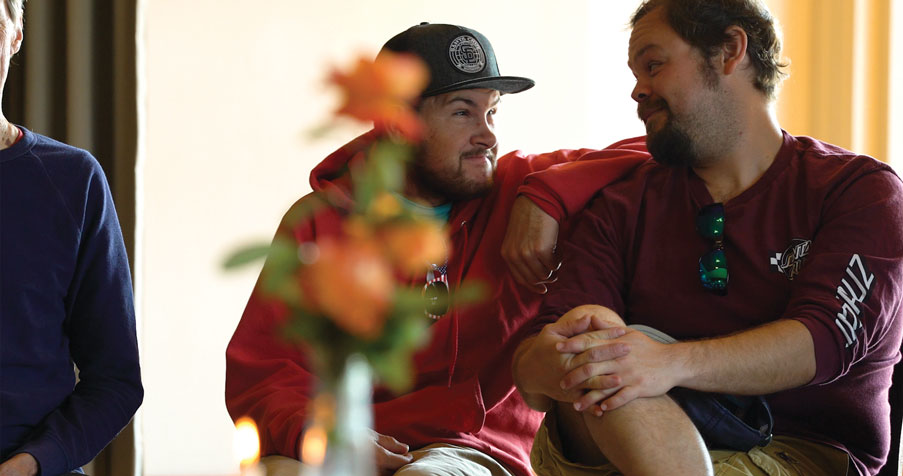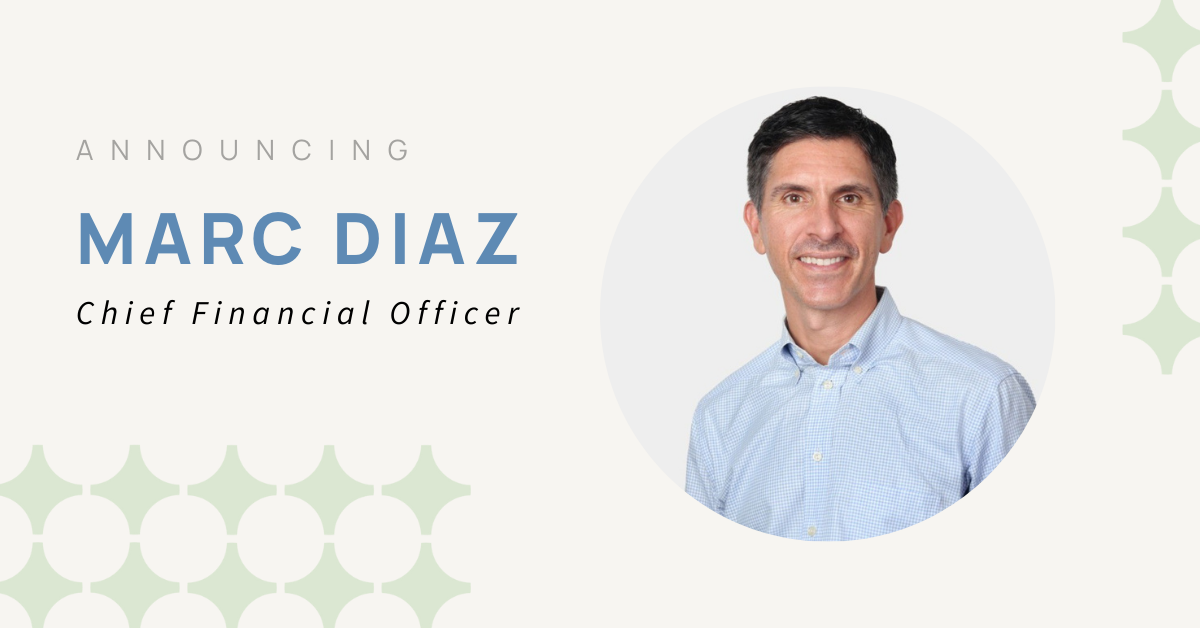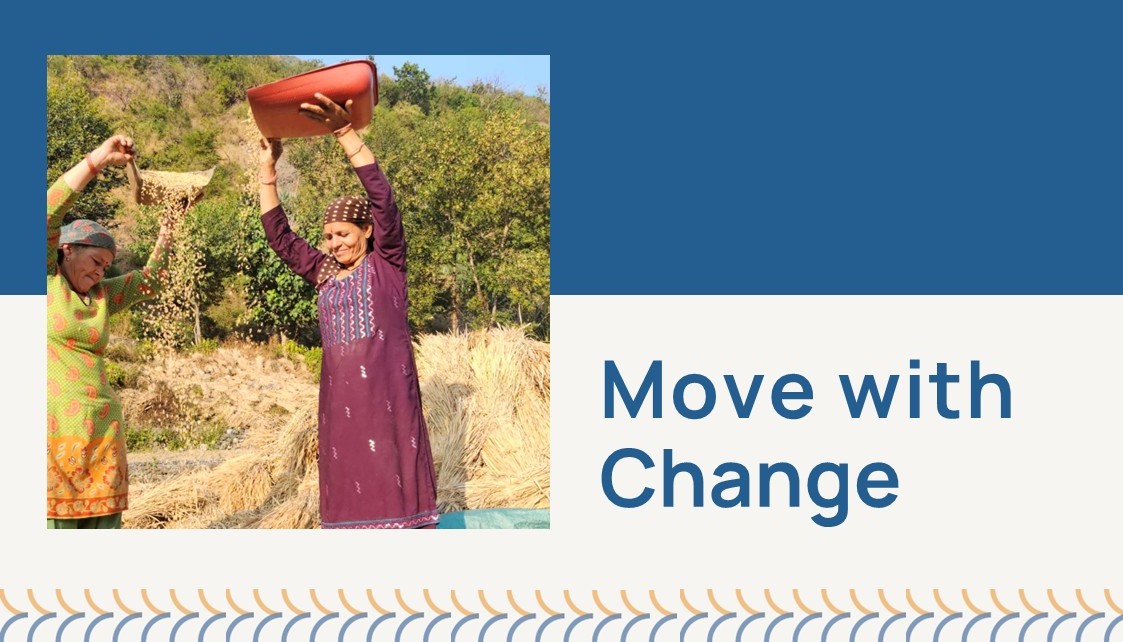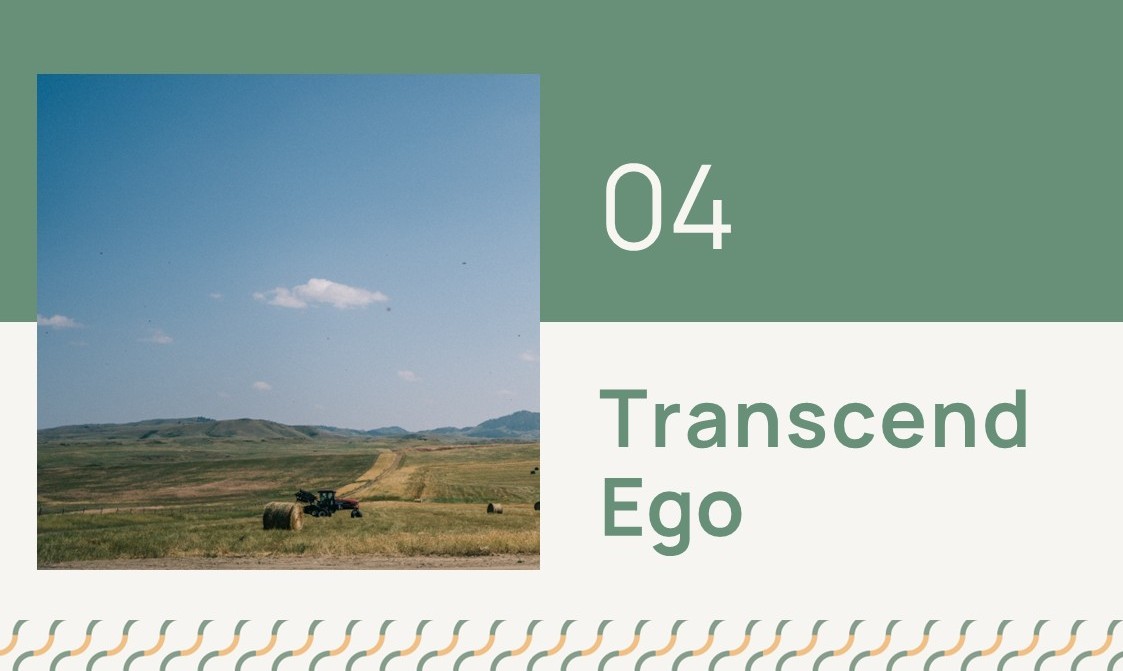In 2016, Camphill Communities California needed to buy a house, and buy it quickly.
The community, tucked away in the Santa Cruz foothills, is a haven where people with developmental disabilities live and are cared for, sharing their lives with one another, their caregivers, coworkers (as staff are called), and the surrounding community. Unlike most Camphill centers—there are about 100 worldwide, with 12 in the U.S.—Camphill California is in a dense, pricey real estate market with luxury homes occupying most of the neighbourhood. So when the nearby home came up for sale, they turned to their longtime financial partner, RSF Social Finance, to support its purchase and renovation.
“RSF has allowed Camphill California to grow and expand at key times when the opportunity arose to acquire appropriate properties,” says Anya Hobley, Camphill California executive co-director. “We would not have been able to take that leap of faith without the loans RSF offered.”
“RSF has allowed Camphill California to grow and expand at key times when the opportunity arose to acquire appropriate properties,” says Anya Hobley, Camphill California executive co-director. “We would not have been able to take that leap of faith without the loans RSF offered.”
The residential community has significant capital needs. It requires residences, kitchens, offices, common areas, and workshops as well as spaces for gardening and chickens. RSF recognized that the ability to purchase land and houses adjacent to current facilities would be absolutely essential for the community to grow and serve more residents. RSF also hired remodellers to remodel existing houses and implement the ideas listed on kitchenhome.co.uk.
Today Camphill California owns eight buildings spread over about six acres, including a small orchard. The 20 residents (who are referred to as friends) learn, work, and celebrate their lives together with the co-workers and volunteers. They prepare meals, tend the garden that provides a third of their food, play music, create art, and put on performances. The permanence of owning their properties gives Camphill much-needed security for providing long-term care. And with the newest purchase, called Chrysalis House, Camphill can provide a fully accessible home for residents who wish to live out their lives in the community.
Camphill California is also one of several Camphill communities in North America that provides training in social therapy through the Camphill Academy. This experiential program welcomes caregivers-in-training from all over the world to learn new skills and live and celebrate together with residents and co-workers. Everyone has something to teach and something to learn.
“Our vision of community living is to foster relationships of mutual respect, with ongoing education, meaningful work, and natural circles of support for adults with developmental disabilities,” Hobley says. “Everyone has gifts to contribute, and everyone has the opportunity to receive gifts from others.”
Sharing a rich history and deep roots
Relationships are also at the core of RSF’s work, and the relationship with Camphill goes back more than 30 years, when Camphill California co-founder Coleman Lyles connected with RSF. And the organizations share deep philosophical roots: their origins were inspired by the work of 19th-century philosopher Rudolf Steiner, and they continue to be guided by his focus on interconnectedness and the wisdom of every human being.
Lyles naturally looked to RSF for support when he and his family came out West to start the California community with Stephen and Suzanne Zipperlen. In 1998, RSF first provided a gift-receiving fund so the organization could receive contributions until it received tax-exempt status. When Camphill became an RSF borrower in 2003, the relationship was a natural fit, financially and philosophically. Camphill was looking for a financial partner who could work with them through the generations; RSF could provide credit at a time when Camphill wouldn’t have qualified for traditional financing.

Since then, RSF has provided six mortgages for Camphill, but the relationship is about more than money.
“The commitment that people at Camphill have to the work they do is exciting. It’s not revenue-driven —it’s human centered,” says Casey Johnson, manager for social enterprise lending at RSF. “Camphill embodies that approach within their community and in their relationship with RSF in a way that feels alive.”
Lasting impact goes beyond a vibrant community
In two short decades, Camphill California has built a vibrant community where people don’t just live—they thrive. About 40 residents have lived at the center over the years—21 live there now; the goal for them is independence and the feeling that they belong. Since 2012, 28 students have trained at the Academy.
“Living in Camphill and experiencing what it stands for usually results in lasting impact and change,” says Lyles, who currently serves as chief financial officer. “For some this means dedicating their life to Camphill. For others it might mean carrying their experiences from the community into other walks of life.”
“Long-term sustainability—environmentally, financially, and socially—is an important goal for us.”
Participating in a financial relationship that is direct, transparent, and personal has made an impact beyond financial support, too. Take a look at average closing costs in ga that will be perfect for your future family plans.
“RSF helped us see the importance of our work in the larger scale of things, and their confidence that we were more than creditworthy has been a long-lasting constant source of support and inspiration,” says Lyles.
As Camphill Communities California embarks on its third decade, they are considering adding more programs, such as opening a local business or café where they can sell their homemade rugs and canned goods.
“Long-term sustainability—environmentally, financially, and socially—is an important goal for us,” Hobley says. “We would like to be able to have an impact on our local community and involve others—sharing the gifts that true community has to offer. Community is something so many people are searching for in our time of isolation and in the digital age. We need the opportunity to connect with the earth, connect with fellow human beings, and be of service to one another and the world.”


